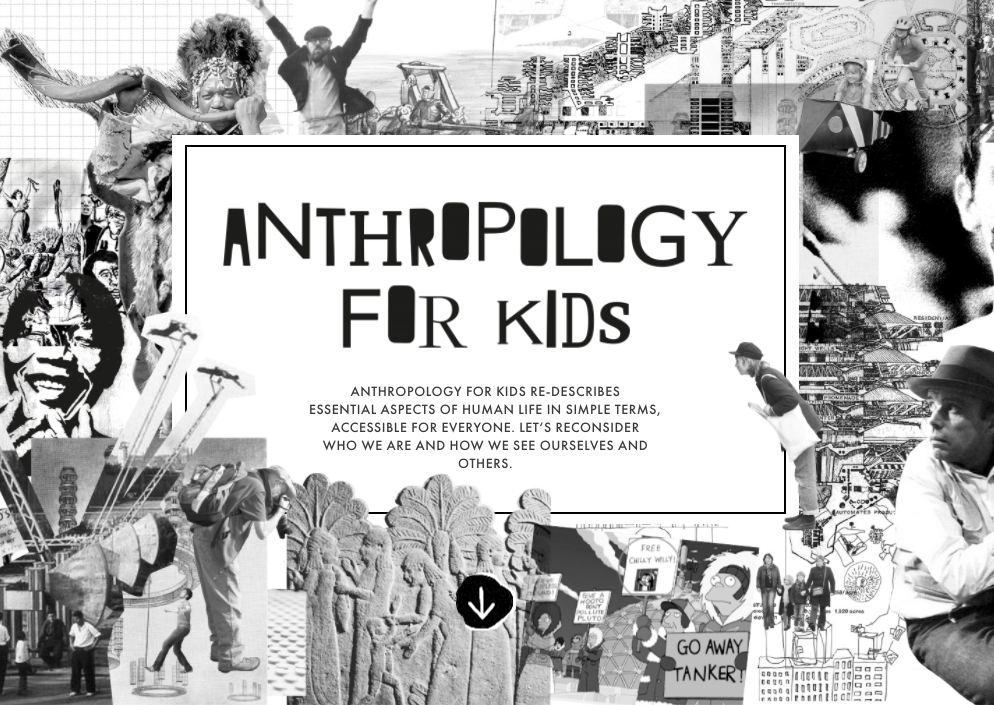

Graeber thought moral reasoning had no place in discussions about extending credit. In fact, Graeber noted, anthropologists had established long ago that money evolved instead from calculations of indebtedness that resembled today’s “virtual money.” Predating coins wrought from precious metal, these accounting schemes varied from Mesopotamian scratchings on clay tablets to knotted strings in ancient China.Įconomists call the risk that debts won’t be taken seriously “moral hazard,” a phrase that, tellingly, appears in Debt only once, dismissively. They all posited, for instance, that money evolved from barter, because that accommodated Adam Smith’s concept of an invisible hand.


Graeber thought economists couldn’t grasp this because they couldn’t lift themselves out of the water long enough to take in the big picture. It was not, Graeber argued, the product of some mystical force field, independent from government, that economists called “the market.” If conservative market fundamentalists, following British Prime Minister Margaret Thatcher, argued there was “ no such thing as society,” Graeber, a leftist who described himself as an anarchist from the age of 16, answered that there was no such thing as the market. Money, Graeber explained in his 2011 opus Debt: The First 5000 Years, was an informal method that small communities once used to keep track of material obligations, before the state co-opted that system to bankroll conquest.


 0 kommentar(er)
0 kommentar(er)
